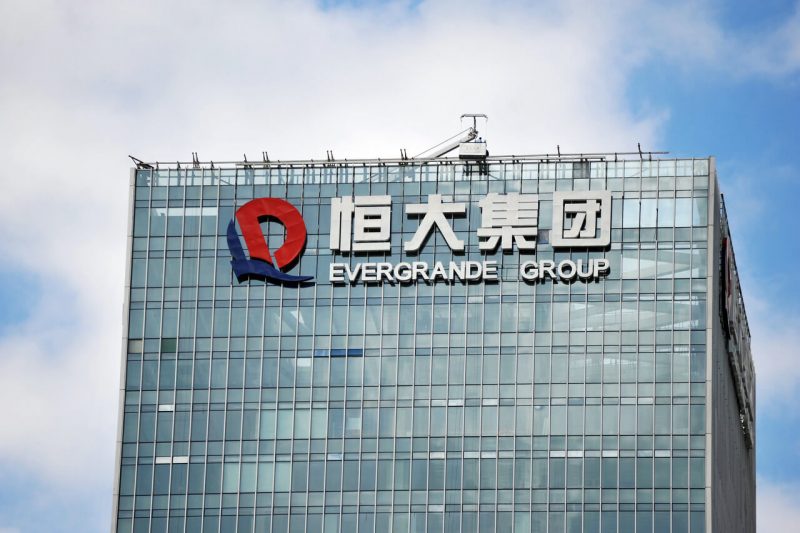El Salvador and Paraguay Make Strides in Bitcoin Mining with Renewable Energy Initiatives
20 May, 2024

Bitcoin mining, verifying Bitcoin transactions and adding them to the public ledger, has come under fire in recent years due to its high energy consumption. However, countries in Latin America are proving that Bitcoin mining can be sustainable with a focus on renewable energy sources. El Salvador and Paraguay are at the forefront of this movement, embracing geothermal and hydropower resources to power their Bitcoin mining operations.
This shift towards clean energy could seriously minimize the environmental impact of Bitcoin mining while positioning these countries as hubs for the future of cryptocurrency.
El Salvador Mines Bitcoin with Volcanic Power
El Salvador, the first country to adopt Bitcoin as legal tender, is making significant strides in green Bitcoin mining. El Salvador’s Bitcoin Office (ONBTC) announced that the country has mined nearly 474 Bitcoins using geothermal energy. This achievement comes after El Salvador began utilizing its volcanic activity to power Bitcoin mining centers in 2021.
The 300 miners operating in the Berlin geothermal plant, located near the Tecapa volcanic complex, are now generating Bitcoin using the earth’s natural heat. This green mining initiative aligns with President Nayib Bukele’s vision of leveraging El Salvador’s abundant geothermal resources for various purposes, including Bitcoin mining.
This initiative has contributed to El Salvador’s Bitcoin treasury, which now holds over 5,750 Bitcoins. The use of geothermal energy not only highlights the country’s innovative approach to cryptocurrency mining but also positions El Salvador as a leader in sustainable mining practices.
President Bukele has been vocal about the advantages of geothermal energy, showcasing the start of mining operations in a video and emphasizing the benefits of this clean energy source. Despite criticism from international bodies like the International Monetary Fund (IMF) regarding adopting Bitcoin as a legal tender, Bukele’s administration continues supporting and expanding its crypto-mining activities.
Paraguay Expands Hydropower Capacity for Bitcoin Mining
While El Salvador uses volcanic power, Paraguay focuses on hydropower for its Bitcoin mining operations. Leading Bitcoin mining company Bitfarms recently announced the expansion of its Yguazu facility in Paraguay. This expansion will see the addition of 100 megawatts of clean hydropower capacity.
The new hydropower deal allows Bitfarms to access low-cost electricity at a fixed rate of $0.039 per kilowatt-hour, insulating the company from future energy price fluctuations. Construction of the Yguazu expansion project began in March 2024, with a high-voltage interconnection to the Paraguayan national grid planned for completion soon.
Ben Gagnon, Bitfarms’ Chief Mining Officer, highlighted that the additional capacity would enable the company to grow significantly without affecting its 2024 targets.
Construction at the Yguazu site, including the high-voltage interconnection to the ANDE substation, began in March. This expansion is expected to increase Bitfarms’ managed megawatts by 23%, from 428 MW to 528 MW by 2025, further strengthening Paraguay’s role in the global Bitcoin mining industry.
Bitso Launches Web3 Wallet
Bitso, one of the region’s largest crypto exchanges, has launched an in-house Web3 wallet. This new offering aims to provide a trusted platform for users to engage with decentralized finance (DeFi). The Web3 wallet will facilitate the transition from centralized exchanges to decentralized applications, making it easier for users to purchase and manage cryptocurrencies.
Bitso’s move follows similar initiatives by global exchanges like Binance and Okx, reflecting a growing trend among crypto platforms to enhance their service offerings and embrace the Web3 ecosystem. By simplifying access to DeFi, Bitso aims to onboard more users into the crypto world, contributing to the broader adoption of decentralized technologies in Latin America.
Final Remarks
The success stories of El Salvador and Paraguay demonstrate the potential for sustainable Bitcoin mining. By utilizing renewable energy sources, these countries are contributing to a greener future for Bitcoin and positioning themselves as attractive destinations for miners seeking clean and reliable energy sources.
This shift towards sustainable mining practices is crucial for Bitcoin’s long-term viability. El Salvador’s use of geothermal power and Bitfarms’ expansion of hydro-powered mining in Paraguay demonstrate how innovative energy solutions can support the growing demand for cryptocurrency while addressing environmental concerns.




